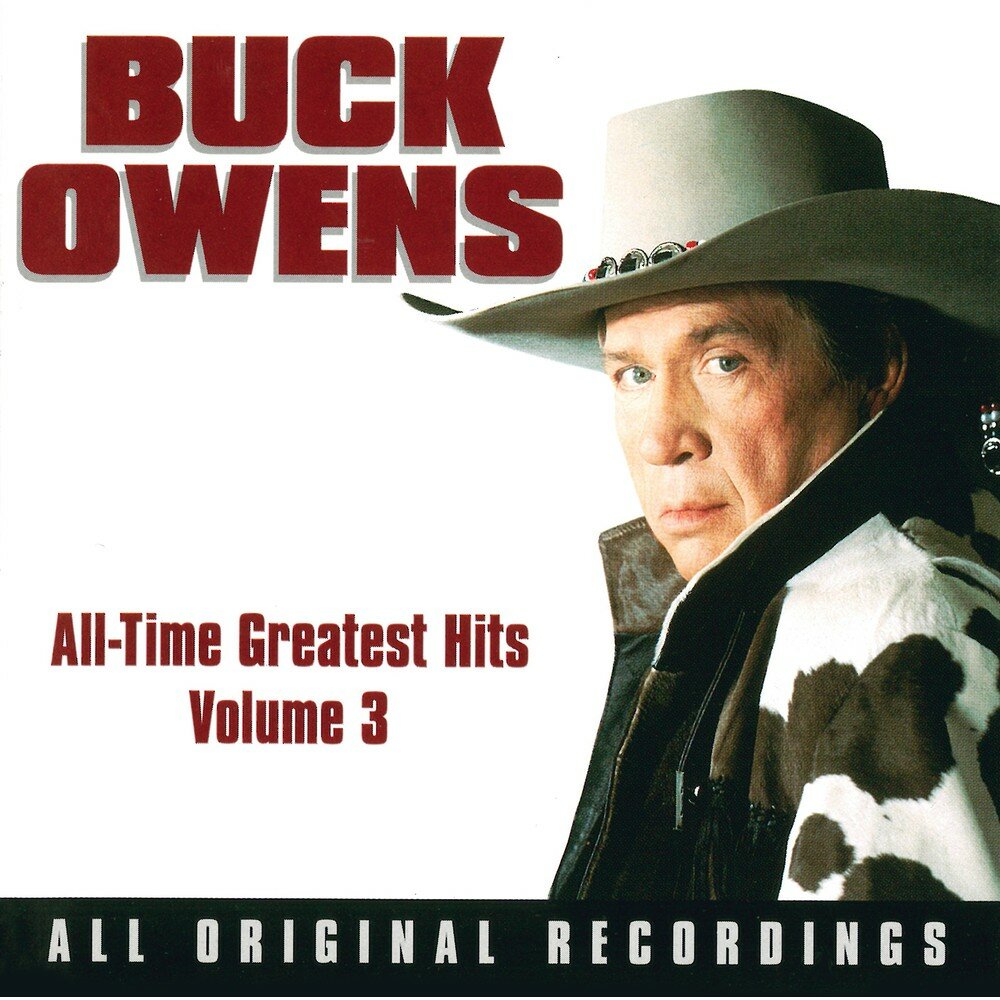
A Rollicking Rebellion Wrapped in Rhinestones and Twang
Released in 1965 as a B-side to Buck Owens’ single I’ve Got a Tiger by the Tail, “Wham Bam” may not have charted independently, but its presence on the landmark album I’ve Got a Tiger by the Tail—which soared to No. 1 on the Billboard Country Albums chart—cements it as a fierce ember in the Bakersfield Sound blaze that Owens helped ignite. With its breakneck tempo, razor-sharp Telecaster riffs, and Owens’ signature nasal drawl slicing through heartache like a honky-tonk switchblade, the track distills an era of restless men, dancehall neon, and romantic comeuppance into just over two minutes of country defiance.
“Wham Bam”, both in title and tone, is unabashedly declarative—a musical retort to heartbreak dressed in gallows humor and galloping rhythm. It’s a song that doesn’t mourn love lost; it accelerates past it with tires squealing and spurs flashing. In this track, Owens delivers a tongue-in-cheek tale of rejection turned empowerment. The protagonist is no brooding crooner nursing wounds with whiskey—he’s the man who’s been burned, but is now coolly watching the flames consume someone else’s hopes. “Wham Bam,” he sings, “Thank you ma’am / I’ll be moving on.” It’s as much a lyrical smirk as it is a slap—a sardonic send-off to a lover who didn’t see his value until too late.
This bite-sized country gem encapsulates what made the Bakersfield Sound so vital in opposition to Nashville’s smoother, string-laden productions of the same era. Where Music Row was polishing heartbreak into orchestral laments, Buck Owens was electrifying it with Fender twang and dancefloor swagger. The song’s production is lean—no excess adornment, just sharp harmonies from The Buckaroos, a punchy rhythm section, and Don Rich’s searing guitar that echoes every emotional jab of the lyrics.
But beyond its sonic snarl, “Wham Bam” operates on another plane—a cultural one. It reflects a shifting masculinity of mid-century America: wounded but not weak, jilted but jubilant. This isn’t vulnerability laid bare; it’s pride reasserted with ironic bravado. In many ways, the track stands as a precursor to the outlaw country ethos that would emerge later in the decade—irreverent, unfiltered, emotionally raw but never maudlin.
Though it may live in the shadow of more celebrated cuts from I’ve Got a Tiger by the Tail, “Wham Bam” remains one of those underappreciated deep tracks that rewards repeated listening—not just for its humor or hooks, but for how neatly it encapsulates Buck Owens’ philosophy: country music should make you feel something sharp and immediate. And sometimes, that feeling isn’t sorrow or longing—but liberation disguised as bravado.